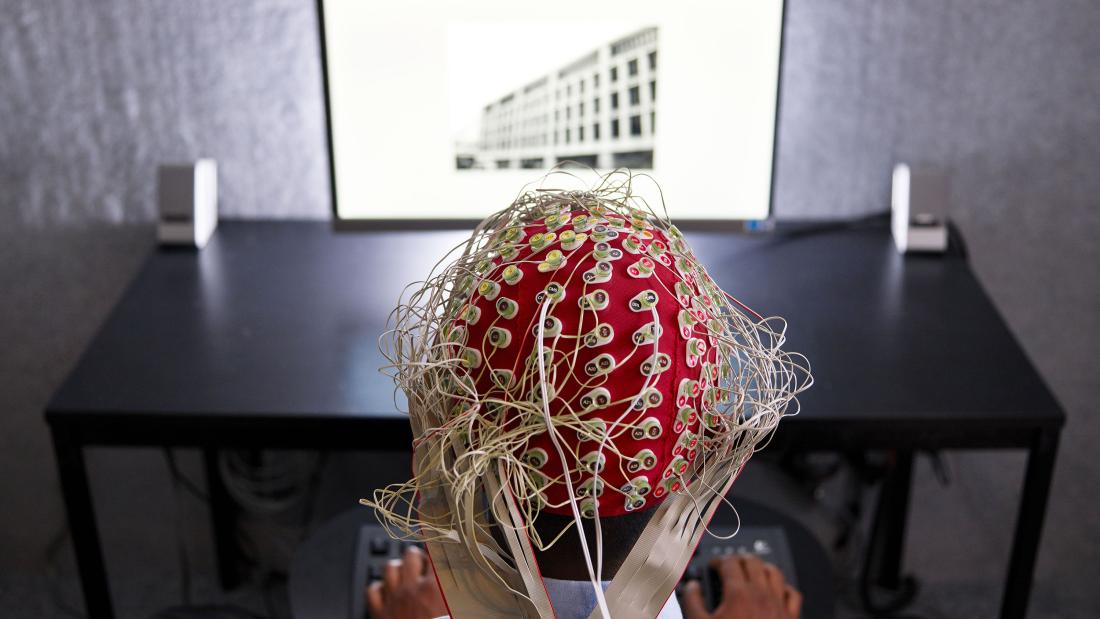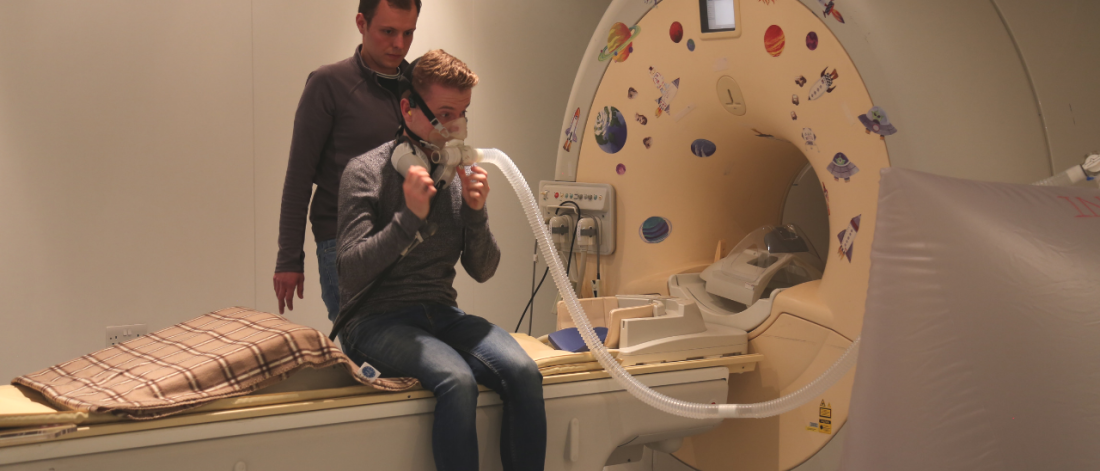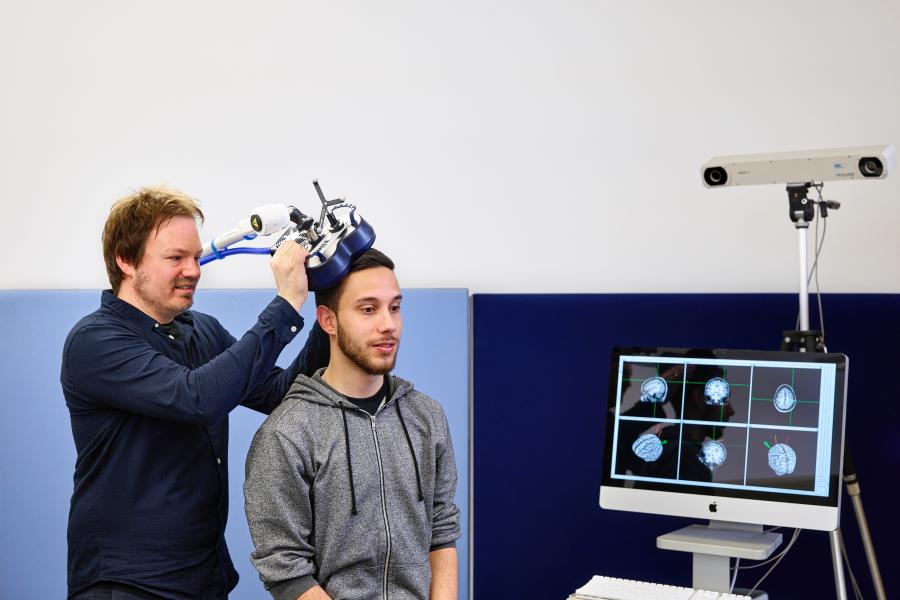Why Study Psychology?
Our research in Psychology aims to advance both basic and applied science. We seek to understand fundamental relationships between brain and behaviour, and to directly contribute to the health and well-being of the community.
At postgraduate research level you can undertake a Masters by Research (MRes) degree or a Doctorate of Philosophy (PhD). A PhD degree is designed to provide you with a strong grounding in highly specialised areas of research. Studying at Bangor Psychology, you will be part of a PhD community of over 50 candidates who are a vital part of Psychology's research activity and have access to state-of-the-art research facilities.
-
Bangor Psychology is a large and cosmopolitan department with staff and students from all over the world
-
In the most recent Research Excellence Framework, 85% of our research was considered either 'Internationally Excellent' or 'World-leading'.
-
Over 75% graduated with a 1st or 2:1 in 2021
-
Bangor Psychology was established in 1963 making it amongst the oldest in the UK
-
We have many specialist research labs including an MRI scanner, TMS Labs, EEG facilities and a human brain anatomy laboratory
As an early career researcher with us you will also be trained to teach as part of our extensive professional development curriculum and play a key role in the School's teaching mission. This gives you the skills and experiences necessary to pursue a career in academia.
Whilst staff are open to supervising research students in many areas related to Psychology, we have world leading expertise in:
- Perception
- Action
- Language
- Bilingualism
- Development
- Social Cognition
- Neuroscience
- Clinical and Health Psychology
- Interventions and Well-being
- Behavioural Psychology.
Watch - Understanding the hypoxic brain
PhD student, Matthew Rogan, discusses his research on how the human brain adapts, responds and changes when there is less oxygen available. His research makes use of the cutting-edge facilities housed in the College of Human Sciences, including a state of the art 3-T Magnetic Resonance Imaging (MRI) scanner, the hypoxia environment chamber and ultrasonography facilities.
Career Opportunities in Psychology
Postgraduate research degrees in psychology can lead you to careers in a range of different settings which include charitable organisations, local and national government and in industry where research competence is of value. The research training provided by these programmes allow you to generate new knowledge through scientific research as well as gaining valuable teaching experience.
Degrees at PhD level can also lead you to careers within universities where academic roles typically combine research and teaching. At Bangor, students at PhD level are given the opportunity to develop and practice teaching skills which can lead to Associate Fellowship with the Higher Education Academy.
You may also be interested in these related subject areas.
You may also be interested in these related subject areas.













